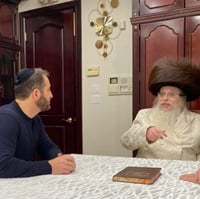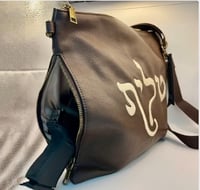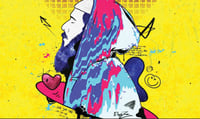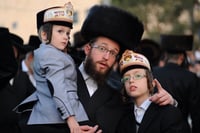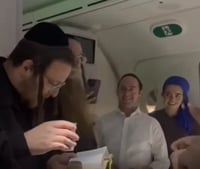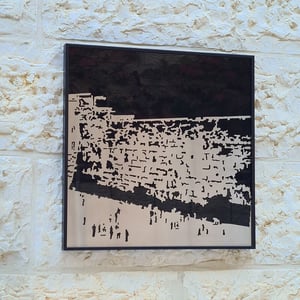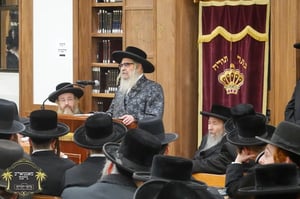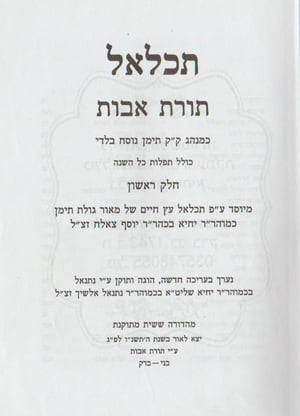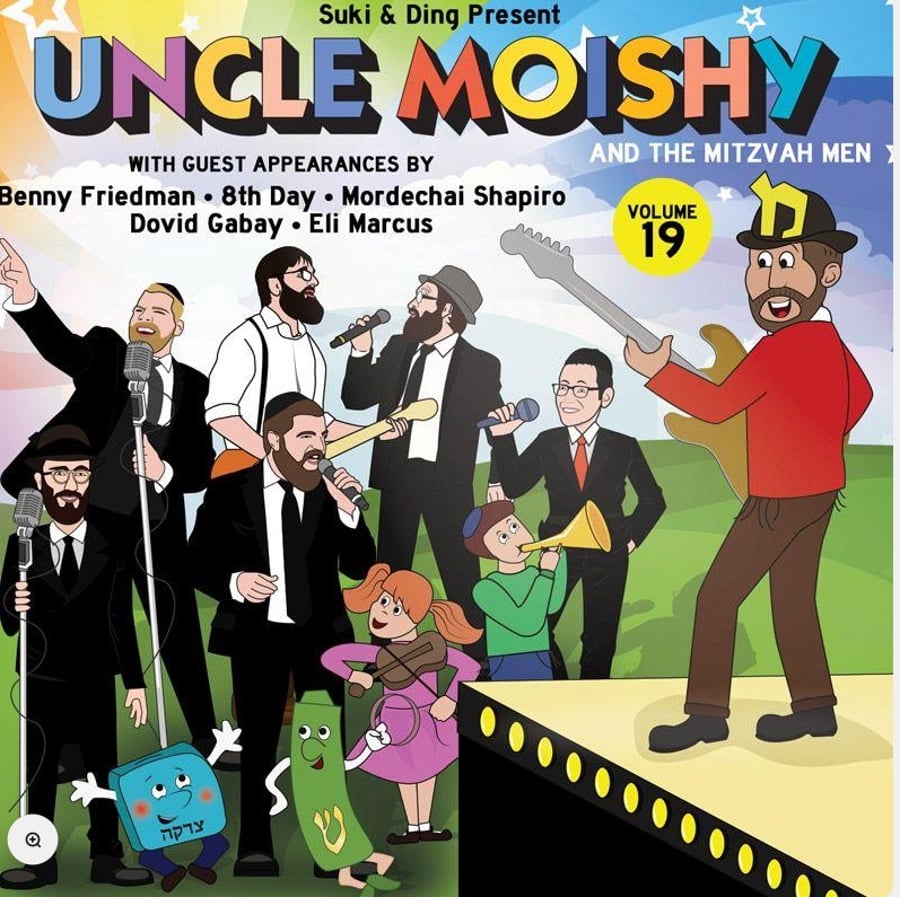
I can still hear it clear as day: "Hashem is here, Hashem is there, Hashem is truly everywhere! Up, Up Down, down, Right left and all round. Here there and everywhere, that's where He can be found."
Uncle Moishy's familiar voice bouncing off the walls of our family minivan, teaching profound Jewish concepts through catchy melodies that somehow never left my brain.
Thirty plus years later, these tunes still pop into my head at unexpected moments, carrying with them not just nostalgia, but deep Jewish values that were essentially coded into my DNA through the power of music.
Today's parents might be tempted to dismiss shows like Uncle Moishy or The Marvelous Middos Machine as simply "Jewish entertainment" – a kosher alternative to secular children's music. But that would be missing the profound impact these programs have on developing Jewish neshamot (souls).
Think about it: when we teach children their ABCs, we don't start with Shakespeare. We begin with simple songs, repetitive rhythms, and basic concepts that lay the foundation for future learning.
The same principle applies to passing on Jewish values. Uncle Moishy's songs about sharing toys, saying brachot (blessings), and honoring parents aren't just cute ditties – they're laying the groundwork for understanding complex Jewish principles like chesed (kindness), hakarat hatov (gratitude), and kibud av v'em (honoring one's parents).
The Marvelous Middos Machine took this approach even further, wrapping essential character traits in adventure stories and memorable tunes. Who can forget the "Patience" song or the episodes about controlling anger? These weren't just entertainment – they were teaching emotional regulation and Jewish ethics in a language children could understand and internalize.
What makes these programs so effective is their understanding of how young minds work.
Children learn through:
- Repetition (those catchy choruses we all remember)
- Story-telling (adventures that make values concrete)
- Musical memory (melodies that stick with us for life)
- Positive association (making mitzvot fun and exciting)
- Role modeling (characters who demonstrate good middos)
The genius of Uncle Moishy and similar programs lies in their ability to take abstract concepts like "V'ahavta l'reacha kamocha" (love your neighbor as yourself) and translate them into concrete actions that preschoolers can understand: sharing your sandbox toys, helping a friend who fell, saying "I'm sorry" when you make a mistake.
We're living in an age where children are bombarded with messages that often contradict our Jewish values. The antidote isn't to shield them entirely from the outside world, but to give them such a strong foundation in Jewish values that they develop an internal compass that will guide them throughout their lives.
Think of early childhood as a time of spiritual imprinting. Just as young children absorb language effortlessly, they also absorb values. The messages they receive in these formative years become the baseline for their understanding of right and wrong, kindness and cruelty, holiness and mundane.
That's why it's not just about playing Jewish music – it's about creating an immersive environment where Jewish values are taught in a language children understand and enjoy. When a three-year-old bounces around singing about making brachos, they're not just memorizing a song – they're internalizing the concept that we acknowledge Hashem's gifts in our lives.
The impact extends beyond childhood. Those early lessons create neural pathways that last a lifetime. Ever notice how you can suddenly recall a childhood song decades later? Now imagine if that song carries with it a message about kindness, gratitude, or Jewish pride.
So to today's parents: Don't underestimate the power of those seemingly simple Jewish children's songs and stories. They're not just entertainment – they're the building blocks of Jewish character.
When your child begs to hear Uncle Moishy for the hundredth time (and honestly, you're really not in the mood), remember: you're not just playing music, you're helping to wire their spiritual GPS for life.
And who knows? Maybe thirty years from now, they'll find themselves humming those same tunes to their own children, passing down not just melodies, but the timeless values woven into every verse.
Because sometimes the deepest lessons come wrapped in the simplest packages, and the most profound Jewish teachings can start with a catchy tune and a friendly voice reminding us that "Hashem is truly everywhere."

